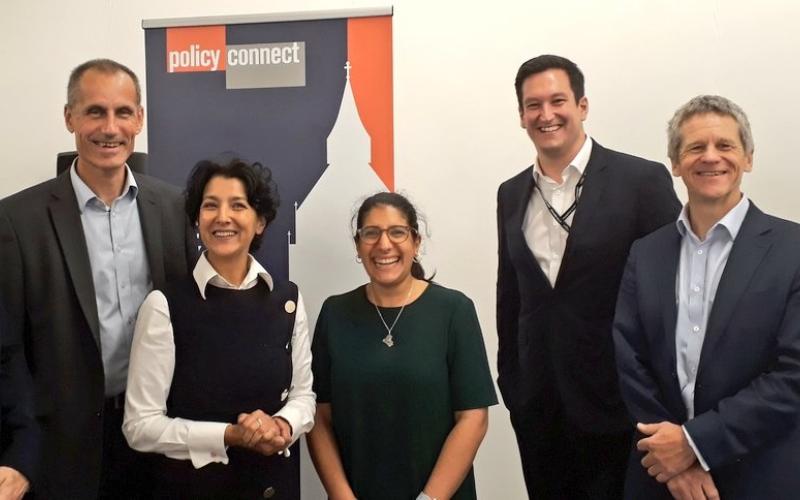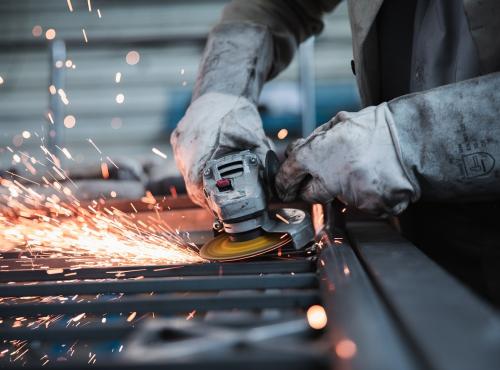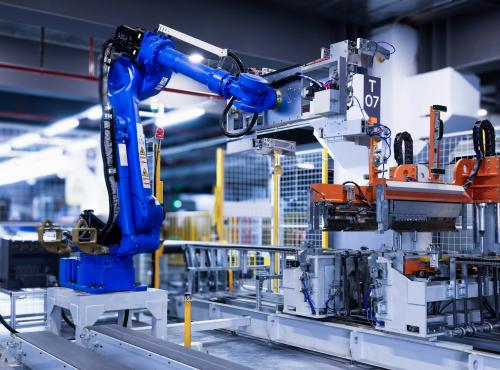Labour Party Conference
Party Conferences are unusual things, behind the secure zone and airport-style baggage checks, ideas and discussions flow far more freely than they do in Westminster, almost like company away days for policy wonks. This year’s conference season was no exception, but for the fact that Brexit seemed all-consuming, either as the main topic of conversation, or the perpetual elephant in the room.
The Labour Party Conference headed to Brighton for what felt like a conventional conference in increasingly unconventional times. Whilst intended to lead and shape the discussion, the conference slogan of ‘People before Privilege’ was fast forgotten behind an attempted coup on the deputy leader Tom Watson on the eve of conference, a raft of major policy proposals and ongoing debates around the party’s position on Brexit.
The biggest single shock at Labour conference was the fact that on Tuesday morning the Supreme Court ruled that the prorogation of Parliament was unlawful and that Parliament was recalled, causing Jeremy Corbyn’s speech to be brought forward to that afternoon and effectively ending the conference a day early.
Before its abrupt end, there were a number of major policy announcements that could have a huge impact on industry including a shorter working week, a commitment to new green energy sources and a major push towards electric cars through a state rental system and a series of battery producing gigafactories.
However most of these announcements were overtaken by conference voting to support Labour’s Socialist Green New Deal which meant that the party is committed to “work towards a path to net zero carbon emissions by 2030”. The other headline grabbing motion passed by conference was that on ‘Composite 13’, a commitment to a public vote on Brexit, but not to a pro-remain stance.
The discussions around the fringes of conference centred very much around the future of the Labour party, with mutterings surrounding Corbyn's leadership and who his successor might be filling the bars and hotels which ring the conference centre.
The APMG also hosted an event in which it brought together a Shadow Minister, businesses and representatives of the public sector to discuss automation and the future of work at Haves and have 'bots, a finge event at Labour Party Conference 2019 in Brighton. The panel featured Bill Esterson MP, Shadow BEIS and DIT Minister; Dai Richards, Director of Public Affairs ABB; Rosa Wilkinson, Director of Comminications High Value Manufacturing Catapult and Vinous Ali, Associate Director Tech UK. The panel was Chaired by APMG Policy Manager Ben Carpenter Merritt.
Have’s and have Bots was sponsored by the ABB and the High Value Manufacturing Catapult and the panel covered a range of topics including the potential of automation to transform industries for the better providing better paid jobs, safer working environments, and greater efficiencies.
The panel discussed the potential that automation offered, whilst stressing the importance of creating a strong skills base to enable the country to make the most of the opportunity.
'Robotics will create many new well paid jobs. However we face a challenge as businesses will not automate if we lack the skills base to build on'
The skills system was a continuing theme of the discussion, and the panel were conscious that the skills system not only needed to be stronger, but needed to be more flexible to adapt to the challenges of the future.
'Many more companies are now self identifying as tech companies and our skills system needs to be more future focused'
Dai Richards of ABB warned that the UK is falling behind in metrics around automation per worker and says the government need to get better at reaching businesses who aren't fully aware of the potential of tech in their business. To do this the government need to better signpost support to innovate and upskill as employers, particularly SMEs, currently struggle to navigate what is a very complex system.
Take 'a tell show, do approach' to innovation through demonstrating the capabilities for tech to the supply change and giving middle mangers confidence to play and invest
The panel also considered the potential for a Green Industrial Revolution, and the role automation could play to hone procresses and through improved productivity, cut emissions.
As we move to refit our energy infrastructure for net zero one of the opportunities that automation delivers is keeping people safe as well as creating more efficient industries
This discussion will be fed into the work of the APMG for the year ahead.




